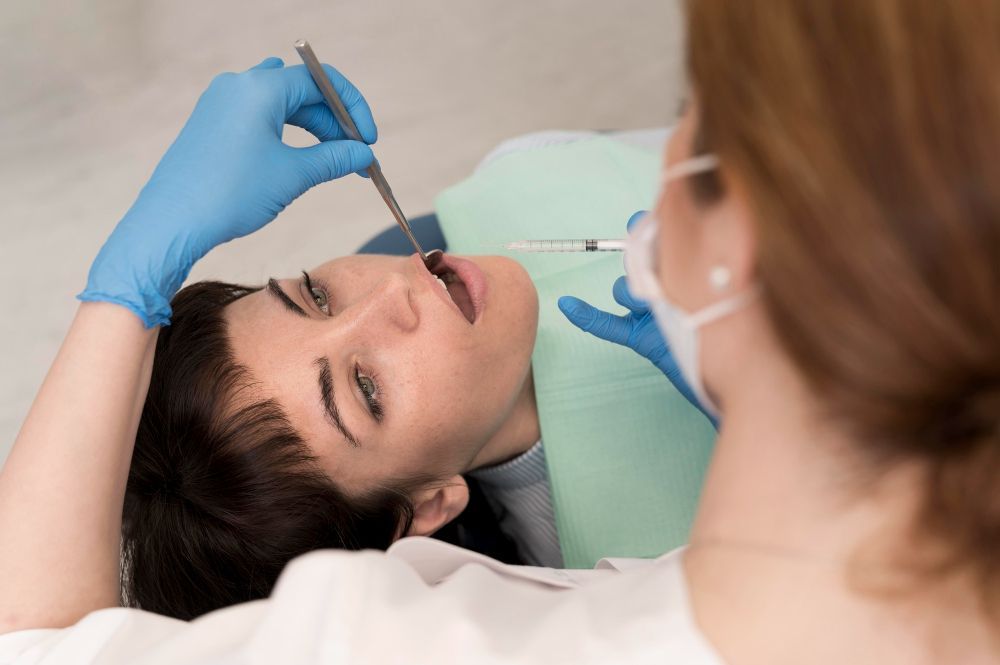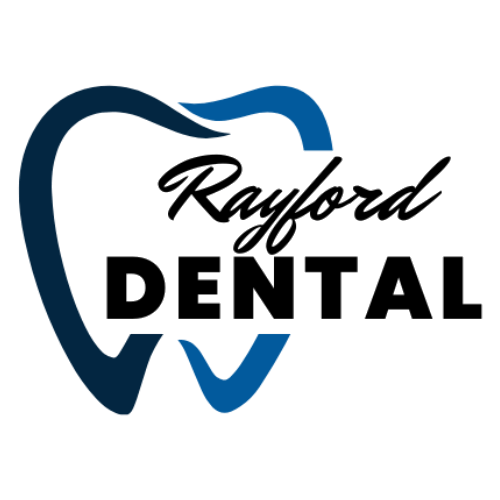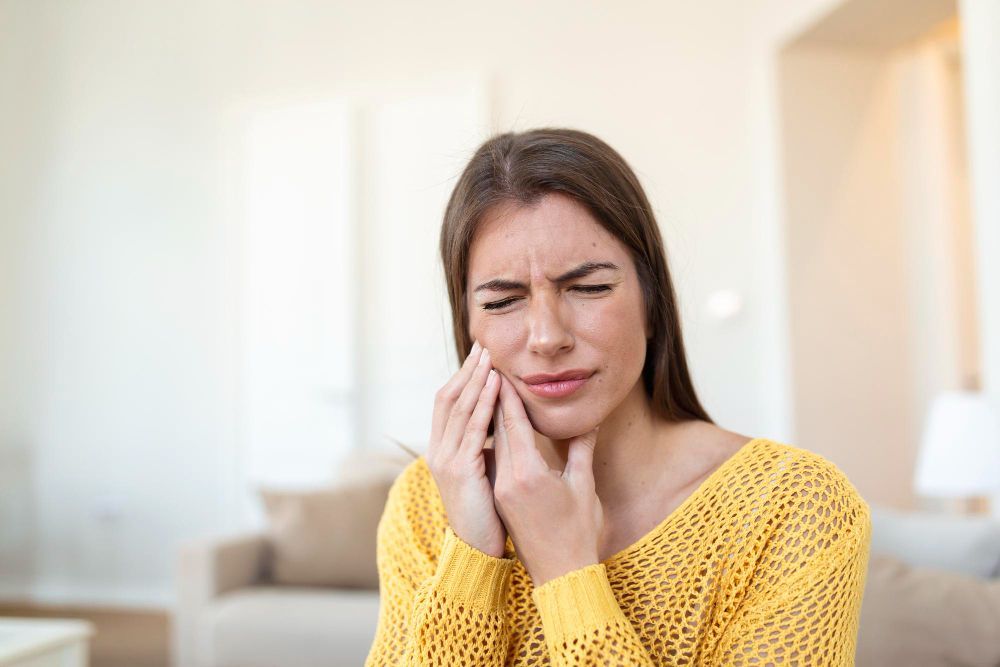Sleep Apnea and Oral Health: How Your Dentist Can Help You Sleep Better
Do you often wake up tired, even after a full night’s sleep? Or has your partner noticed loud snoring or pauses in your breathing? You might be dealing with sleep apnea—a condition that affects your rest and your overall health. The good news is that your dentist can help! At Rayford Dental in Spring, TX, we provide solutions that make sleeping easier and healthier.
What Is Sleep Apnea?
Sleep apnea is a sleep disorder where your breathing stops and starts many times during the night. This means your brain and body don’t get enough oxygen, which can make you feel exhausted—even after a full night’s rest.
How Do You Know If You Have Sleep Apnea?
Common Symptoms:
- Loud, ongoing snoring
- Waking up gasping for air
- Dry mouth or sore throat in the morning
- Morning headaches
- Feeling very tired during the day
The Link Between Sleep Apnea and Oral Health
Many people don’t realize that dentists are often the first to notice signs of sleep apnea. During a dental exam, we may see:
- Teeth grinding (bruxism): linked to airway obstruction
- Worn-down enamel or jaw pain from clenching at night
- Dry mouth caused by open-mouth breathing
- Red or swollen gums from lack of oxygen flow
Poor sleep also weakens your immune system, which can make gum disease and cavities worse.
How Dentists Can Help with Sleep Apnea
At Rayford Dental, we work closely with patients who struggle with sleep apnea. One of the most effective solutions we offer is a custom oral appliance.
Benefits of Oral Appliances:
- Comfortable and easy to wear at night
- Keeps your airway open by adjusting your jaw position
- Quieter alternative to CPAP machines
- Small and portable for travel
Unlike bulky CPAP devices, oral appliances are simple, discreet, and effective for many patients with mild to moderate sleep apnea.
Why Treating Sleep Apnea Matters
Ignoring sleep apnea can lead to serious health problems such as:
- High blood pressure
- Heart disease
- Type 2 diabetes
- Stroke
- Memory and concentration problems
By addressing sleep apnea, you not only improve your oral health—you also protect your heart, brain, and overall well-being.
Sleep Apnea Frequently Asked Questions
Can a dentist really treat sleep apnea?
Yes, dentists can provide oral appliances that keep your airway open during sleep.
Are oral appliances as effective as CPAP?
For many patients with mild to moderate sleep apnea, yes—they are easier and more comfortable to use.
What are the first signs of sleep apnea?
Loud snoring, morning headaches, dry mouth, and daytime fatigue are common warning signs.
Is sleep apnea dangerous if untreated?
Yes, it can increase risks for heart disease, diabetes, and stroke.
Take the First Step Toward Better Sleep
If you’ve noticed signs of sleep apnea—or if your partner has pointed them out—don’t ignore them. At Rayford Dental, our team in Spring, TX is here to help you breathe easier, sleep better, and live healthier.
Schedule a consultation today and discover how a simple dental solution can change your nights—and your days—for the better.



